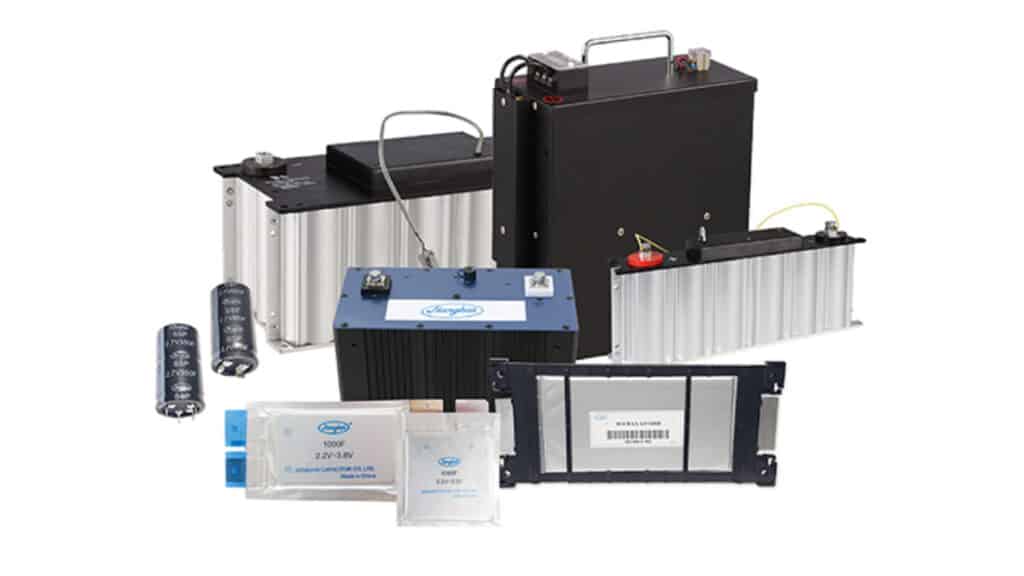Today, elevators are commonly found in multi-story buildings. Modern drives and efficient inverters significantly reduce operating costs compared to old systems. However, old systems convert excess energy into heat through brake resistors only, instead of recycling it by energy recuperation using advantage of hybrid energy storage elevator systems.
Technical memo written by Alexander Schedlock, Jianghai Europe Electronic Components GmbH provides brief introduction into this challenge.
Energy buffering and utilization
Energy-C hybrid supercapacitor-battery storage systems from Jianghai can buffer this energy and make it usable for the next ride of the elevator.
Thus, the consumption of electrical energy is reduced. If there is no immediate journey, the stored energy feeds the standby operation or is used to restart the cabins. Compared to operation without energy storage, this quickly results in savings of more than 30% in energy – in today‘s world an unbeatable argument for the environment on the one hand, and for sales and marketing by manufacturers on the other.
Higher operational reliability
In addition to these savings, proper dimensioning of the buffer device enables an increase in operational reliability in the event of a fault: In the event of an interruption in the mains power supply, the energy stored in the Energy-C module allows emergency operation, which not only stops a moving cabin, but can even move it safely to the next floor. Cabin light, communication and doors remain fully functional and allow passengers to be transported conveniently to the nearest exit.
Cost savings for maintenance and replacement
Overall, the elevator with the help of the Energy-C module forms an energy concept that not only saves energy, but also increases safety in an emergency. Maintenance-free and reliable, an operation of ten years can be easily achieved and delivers a continuous cost saving compared to a battery during the entire operating time by eliminating maintenance and replacement.
